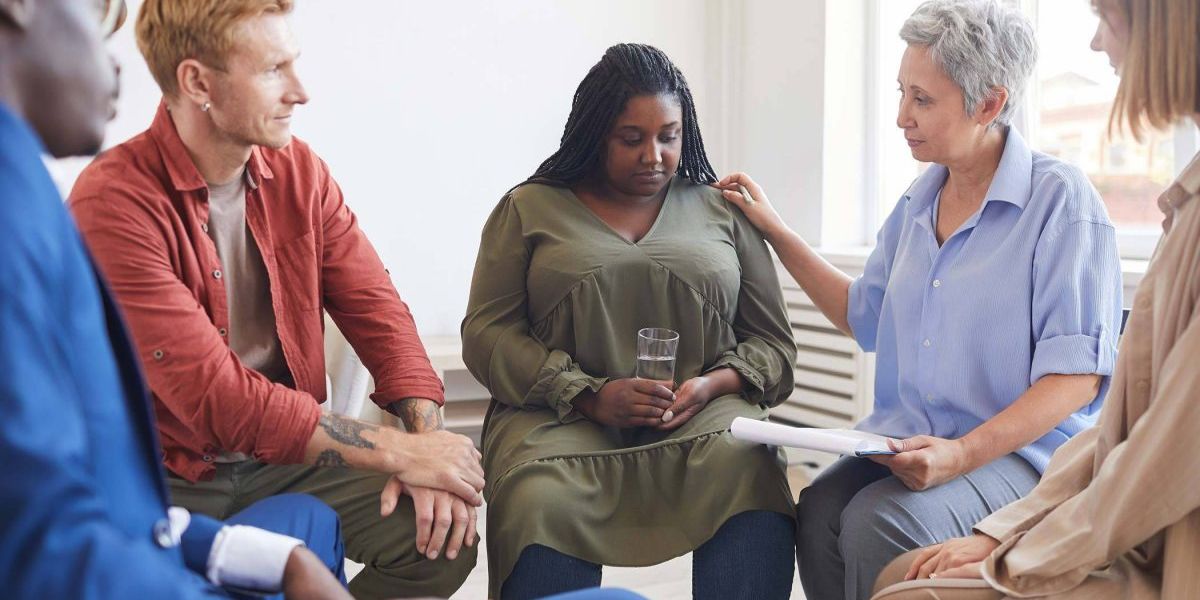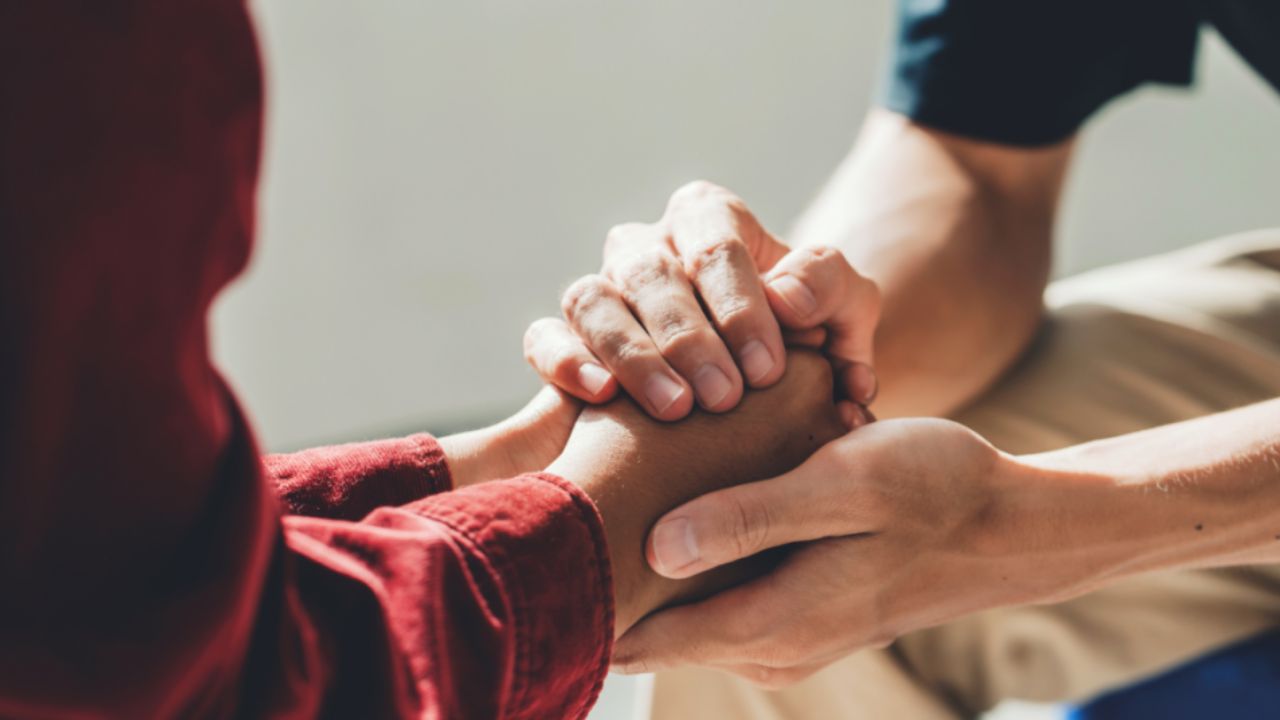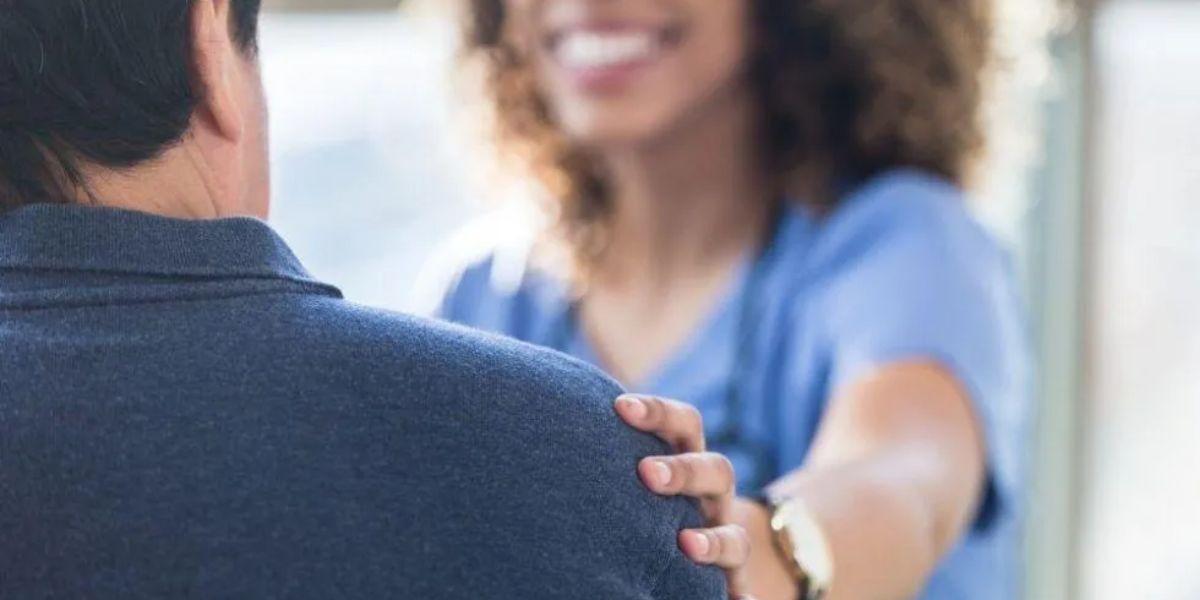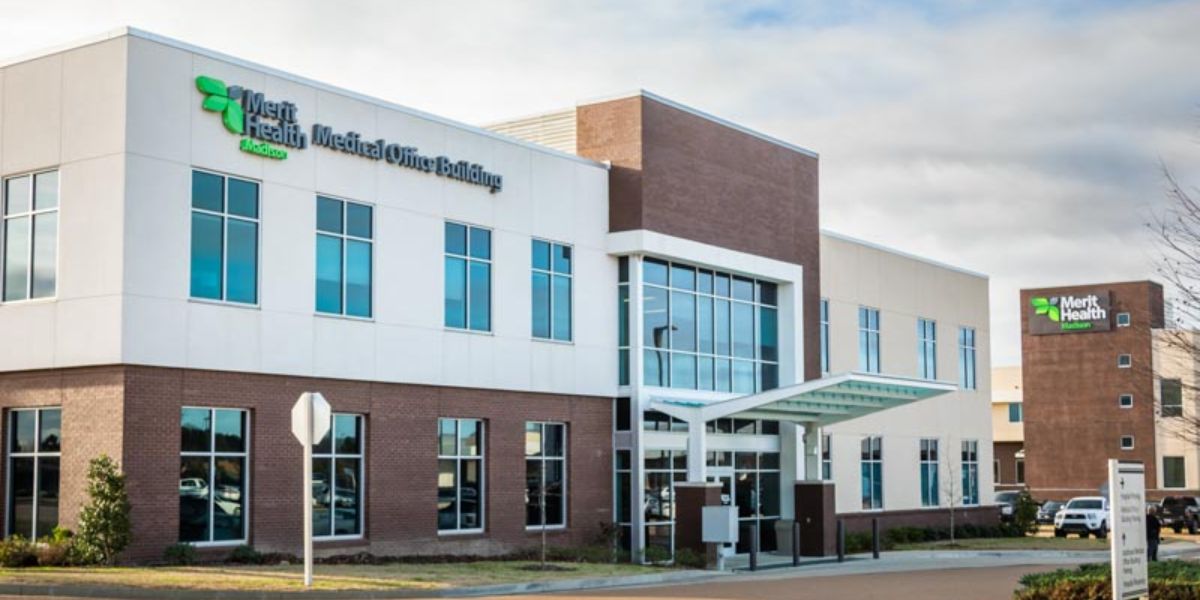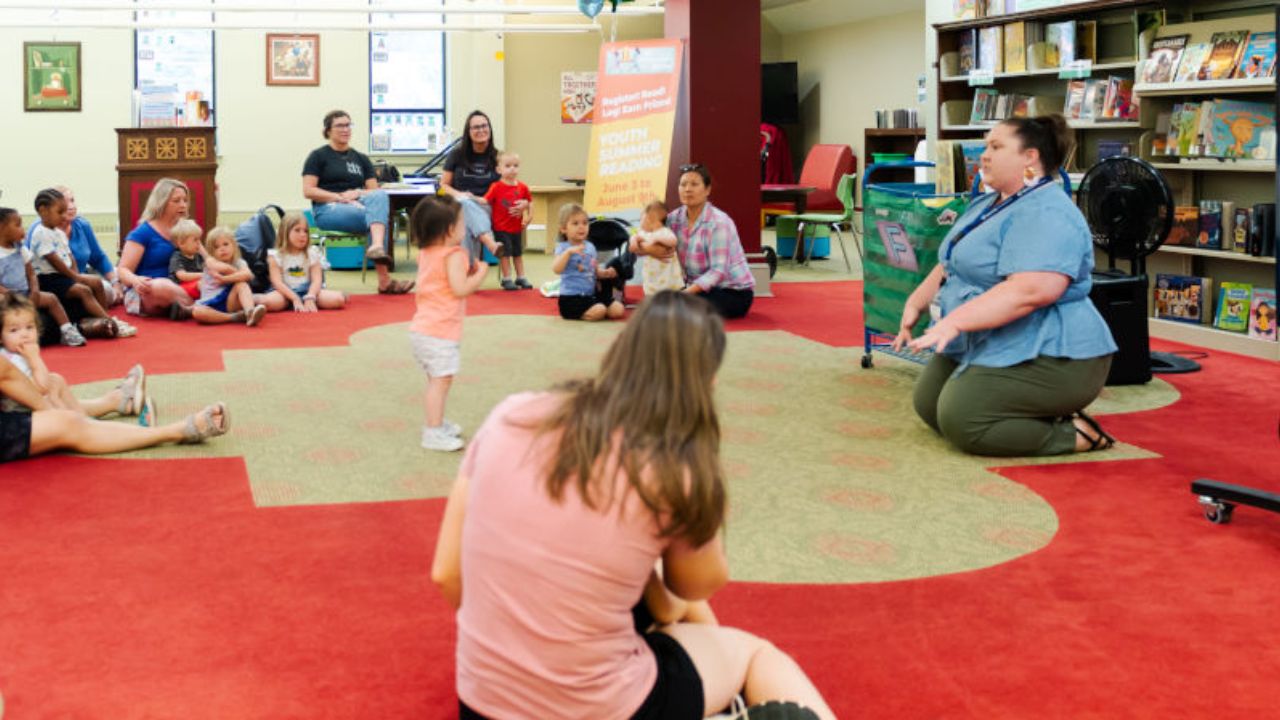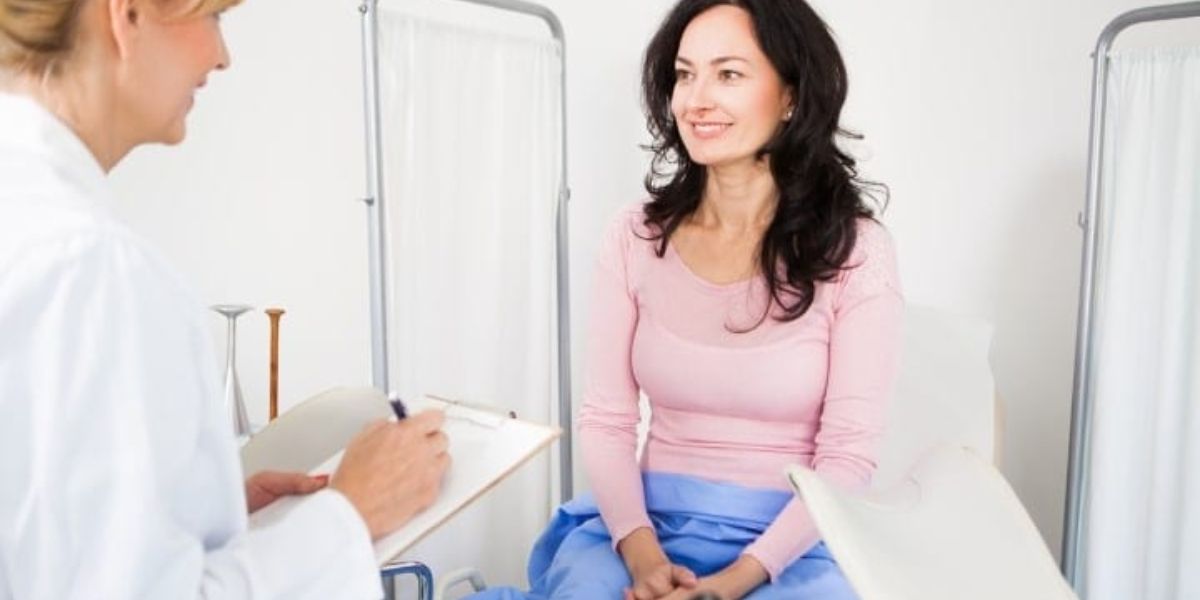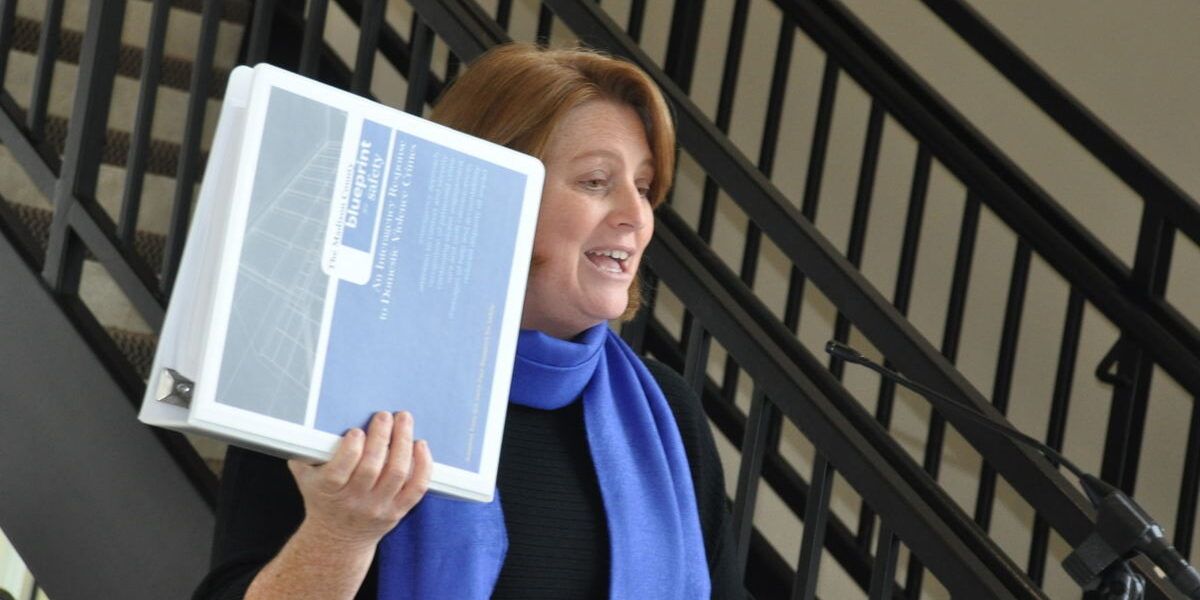Addiction recovery is not a journey anyone should walk alone. In Madison County, community-driven support groups have become vital lifelines for individuals seeking to rebuild their lives after addiction. These local networks provide not just accountability, but a sense of belonging and hope — the essential ingredients for lasting recovery.
The Power of Community in Addiction Recovery
One of the strongest predictors of successful recovery is connection. Addiction often isolates individuals, creating barriers between them and their families, friends, and communities. Local support groups in Madison County are working to bridge that gap. Whether through peer mentoring, group therapy, or community meetings, these programs foster a space where individuals can share their struggles and successes openly.
Table of Contents
In Madison County, peer-led meetings like Alcoholics Anonymous (AA), Narcotics Anonymous (NA), and SMART Recovery are among the most attended. These groups focus on understanding addiction as a chronic condition while emphasizing shared accountability and emotional growth.
Popular Addiction Recovery Support Groups in Madison County
Several established programs in Madison County have gained recognition for their impact and accessibility:
- Madison County Recovery Group – This peer-run group meets weekly at local community centers, offering open discussions and recovery planning sessions. It’s known for its non-judgmental environment and emphasis on long-term relapse prevention.
- AA and NA Local Chapters – Multiple chapters operate across Madison County, holding meetings daily in churches and public facilities. Participants share personal stories, build coping strategies, and support each other through every stage of sobriety.
- Celebrate Recovery (Anderson Campus) – A faith-based program focusing on recovery through spiritual and emotional healing. The group addresses all forms of addiction, from substance use to behavioral struggles.
- Women in Recovery Madison County – A specialized program offering group therapy for women navigating recovery while managing parenting or family responsibilities.
- Madison County Recovery Café – A social recovery hub that provides safe spaces for people in recovery to meet, find resources, and participate in workshops.
These groups are not limited to those recovering from substance use alone; they also welcome families and caregivers seeking education and emotional support.
How Local Support Groups Build Accountability
Accountability plays a crucial role in maintaining sobriety. Support groups in Madison County often integrate sponsorship programs, where individuals further along in recovery mentor newcomers. This structure encourages consistency, honesty, and personal growth.
Many of these groups collaborate with local health services and addiction specialists to provide wraparound care. For example, patients involved in Medication-Assisted Treatment (MAT) programs at local clinics can benefit from complementary peer meetings that address the emotional side of recovery. This combination of medical and social support helps sustain long-term progress.
The Role of Families in Recovery Support
Addiction recovery extends beyond the individual — it affects families, children, and communities. Madison County’s family-oriented recovery programs play a major role in healing relationships strained by addiction. These programs, often facilitated by social workers, help family members learn effective communication, set boundaries, and create supportive environments for their loved ones.
Family-inclusive programs such as Al-Anon and Families Anonymous host regular meetings in the area. They allow parents, partners, and siblings to share experiences and learn coping strategies while promoting empathy and patience throughout the recovery journey.
Barriers to Access and How Madison County Is Responding
While support groups have expanded across the county, challenges remain. Transportation, stigma, and scheduling conflicts often prevent some residents from attending regularly. To address these barriers, Madison County organizations have started offering virtual meetings and hybrid models that allow participants to join online or in person.
Local initiatives have also begun targeting underserved areas by partnering with community centers, churches, and public libraries to host rotating support sessions. This ensures that help is available in both rural and urban parts of the county.
Why Ongoing Support Matters
Addiction recovery doesn’t end after treatment or detox — it’s an ongoing process that requires continued reinforcement. Madison County’s local groups emphasize this reality through follow-up sessions, relapse-prevention workshops, and alumni networks. Many participants report that the sense of belonging they find in these groups becomes one of their strongest defenses against relapse.
Ongoing support also helps participants rebuild self-confidence, re-enter the workforce, and restore relationships. It creates a culture of resilience where recovery becomes a community effort, not an individual battle.
Taking the First Step Toward Recovery in Madison County
Finding the right group can make all the difference. Madison County’s recovery ecosystem is built to meet people wherever they are — whether they’re taking their first step toward sobriety or looking to strengthen long-term recovery. Local clinics, social service agencies, and the Madison County Health Department can help residents identify nearby programs suited to their needs.
Call to Action:
If you or someone you know is struggling with addiction, consider joining one of Madison County’s local recovery support groups. Connection can be the first step toward healing. Visit mcchc.org to explore resources, find upcoming meetings, or reach out to a care coordinator who can guide you toward the right support.

